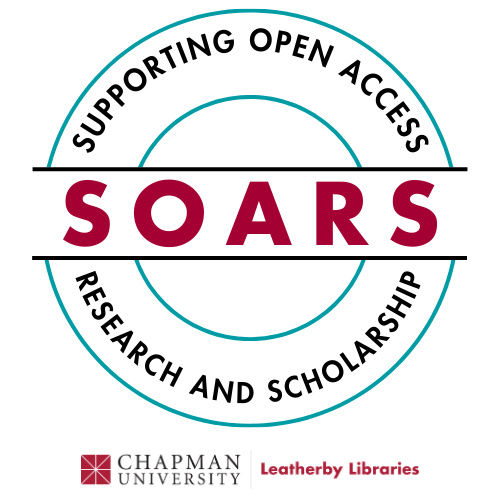Document Type
Article
Publication Date
1-27-2024
Abstract
The discovery of novel therapeutic compounds through de novo drug design represents a critical challenge in the field of pharmaceutical research. Traditional drug discovery approaches are often resource intensive and time consuming, leading researchers to explore innovative methods that harness the power of deep learning and reinforcement learning techniques. Here, we introduce a novel drug design approach called drugAI that leverages the Encoder–Decoder Transformer architecture in tandem with Reinforcement Learning via a Monte Carlo Tree Search (RL-MCTS) to expedite the process of drug discovery while ensuring the production of valid small molecules with drug-like characteristics and strong binding affinities towards their targets. We successfully integrated the Encoder–Decoder Transformer architecture, which generates molecular structures (drugs) from scratch with the RL-MCTS, serving as a reinforcement learning framework. The RL-MCTS combines the exploitation and exploration capabilities of a Monte Carlo Tree Search with the machine translation of a transformer-based Encoder–Decoder model. This dynamic approach allows the model to iteratively refine its drug candidate generation process, ensuring that the generated molecules adhere to essential physicochemical and biological constraints and effectively bind to their targets. The results from drugAI showcase the effectiveness of the proposed approach across various benchmark datasets, demonstrating a significant improvement in both the validity and drug-likeness of the generated compounds, compared to two existing benchmark methods. Moreover, drugAI ensures that the generated molecules exhibit strong binding affinities to their respective targets. In summary, this research highlights the real-world applications of drugAI in drug discovery pipelines, potentially accelerating the identification of promising drug candidates for a wide range of diseases.
Recommended Citation
Ang, D.; Rakovski, C.; Atamian, H.S. De Novo Drug Design Using Transformer-Based Machine Translation and Reinforcement Learning of an Adaptive Monte Carlo Tree Search. Pharmaceuticals 2024, 17, 161. https://doi.org/10.3390/ph17020161
Copyright
The authors
Creative Commons License

This work is licensed under a Creative Commons Attribution 4.0 License.

- Citations
- Citation Indexes: 5
- Usage
- Downloads: 101
- Abstract Views: 32
- Captures
- Readers: 32
- Mentions
- News Mentions: 8
Included in
Artificial Intelligence and Robotics Commons, Computational Chemistry Commons, Medicinal and Pharmaceutical Chemistry Commons, Medicinal-Pharmaceutical Chemistry Commons, Other Chemistry Commons, Therapeutics Commons


Comments
This article was originally published in Pharmaceuticals, volume 17, in 2024. https://doi.org/10.3390/ph17020161
Open access for this article was funded by a Chapman University Supporting Open Access Research and Scholarship (SOARS) award.